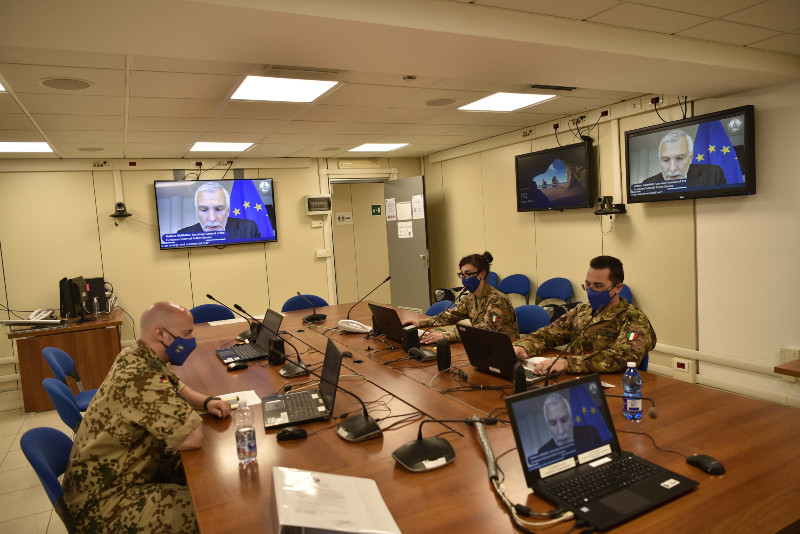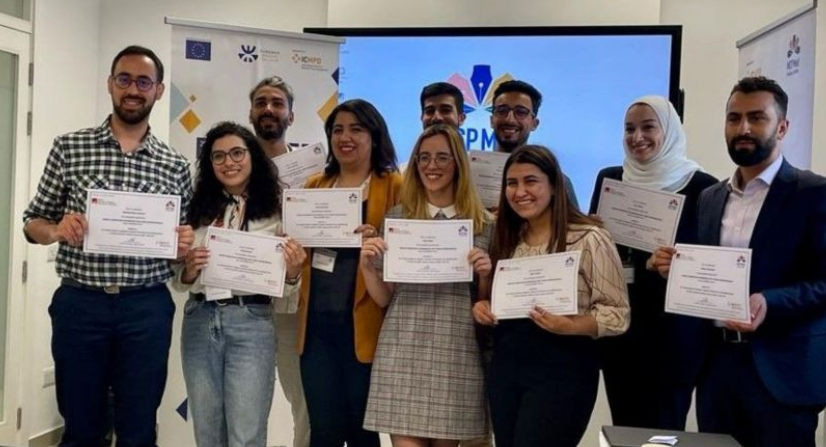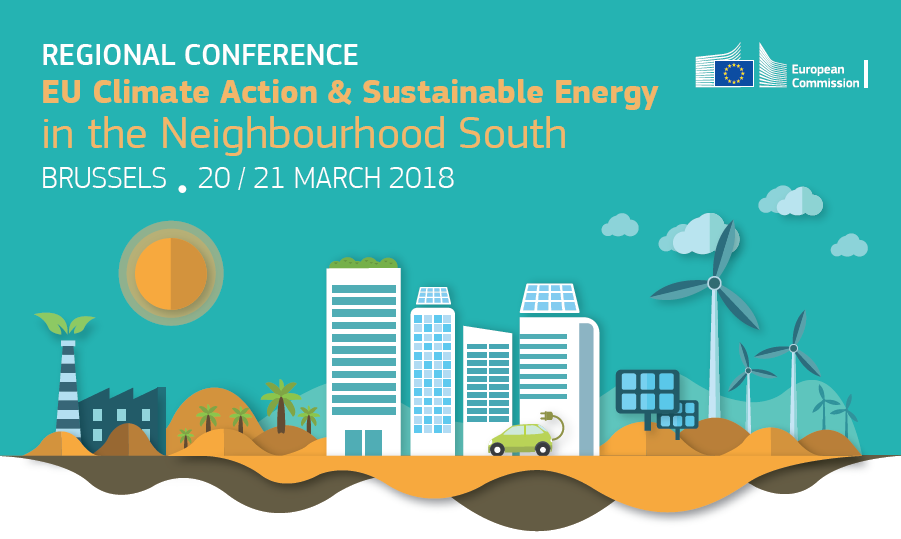EU Trust Fund for Africa adopts €90 million programme on protection of migrants and improved migration management in Libya
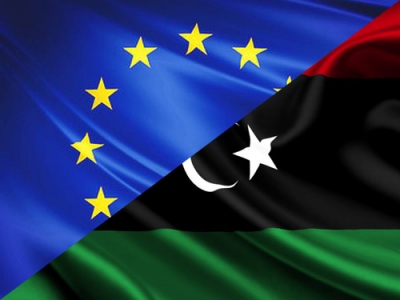
Following up on the Joint Communication on the Central Mediterranean Route and the Malta Declaration, the EU Trust Fund for Africa upon proposal from the European Commission, adopted today a €90 million programme to step up the protection of migrants and reinforce migration management in Libya.
“While we are working to provide training and capacity building to the coast guard to save lives in the Mediterranean Sea, we are addressing the appalling situation the migrants stranded in Libya face, together with international organisations such as IOM and UNHCR. The additional €90 million we adopt today are aimed at protecting and assisting migrants in the country, and the people who host them. Our aim remains cooperating in protecting lives, and promoting peace and stability in Libya. The European Union is doing its part and the Libyan authorities, all of them, have to do theirs,” said the EU High Representative Federica Mogherini,
“By supporting actions in Libya, today’s newly adopted programme will address the needs of the migrants and contribute to a better management of migration flows. In addition, the projects will also support improved socio-economic conditions for all in Libya, and thus contribute to reducing the drivers of irregular migration and make the smugglers’ task more difficult,” said EU Commissioner for European Neighbourhood Policy and Enlargement Negotiations Johannes Hahn.
The new programme addresses various aspects of the migration challenge in Libya and along the Central Mediterranean route: stepping up the protection of migrants and refugees, including the most vulnerable, in Libya; improving the conditions of host communities and of internally displaced persons, taking into account the difficult socio-economic conditions in Libya; and facilitating the voluntary return of migrants from Libya to their countries of origin.
The programme includes the following activities:
- Protection (€48 million): assistance to and protection of migrants and refugees at disembarkation points, in detention centres and urban settings; assistance to migrants on the move in the form of information on viable options (including returns) and risks of irregular migration as well as food and non-food items; collection and analysis of data on mixed migration flows, routes and trends through a ‘Displacement Tracking Mechanism’ which will help better understand the migration dynamics.
- Socio-economic development at municipal level and local governance (€42 million):activities to improve socio-economic development at municipal level and local governance, through strengthening capacities of local authorities to provide services and foster local development and stability, through provision and access to quality services for Libyans and migrants (including health facilities and education and rehabilitation of local infrastructures for example) and through local economic development and access to job opportunities (including through safe income for migrants and host communities in the South where smuggling and trafficking provide major revenues).
The programme activities will be implemented in the main areas of settlement or transit of migrants and refugees (Libyan Southern border, municipalities along the migratory routes and along the coastal area) and in areas of displacement of Libyans and places to which internally displaced populations are returning.
Read more
EU Neighbours South – Libya
EU Delegation to Libya – website and Facebook page



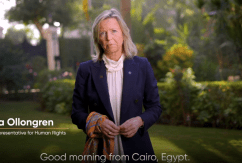

























 Syria
Syria 